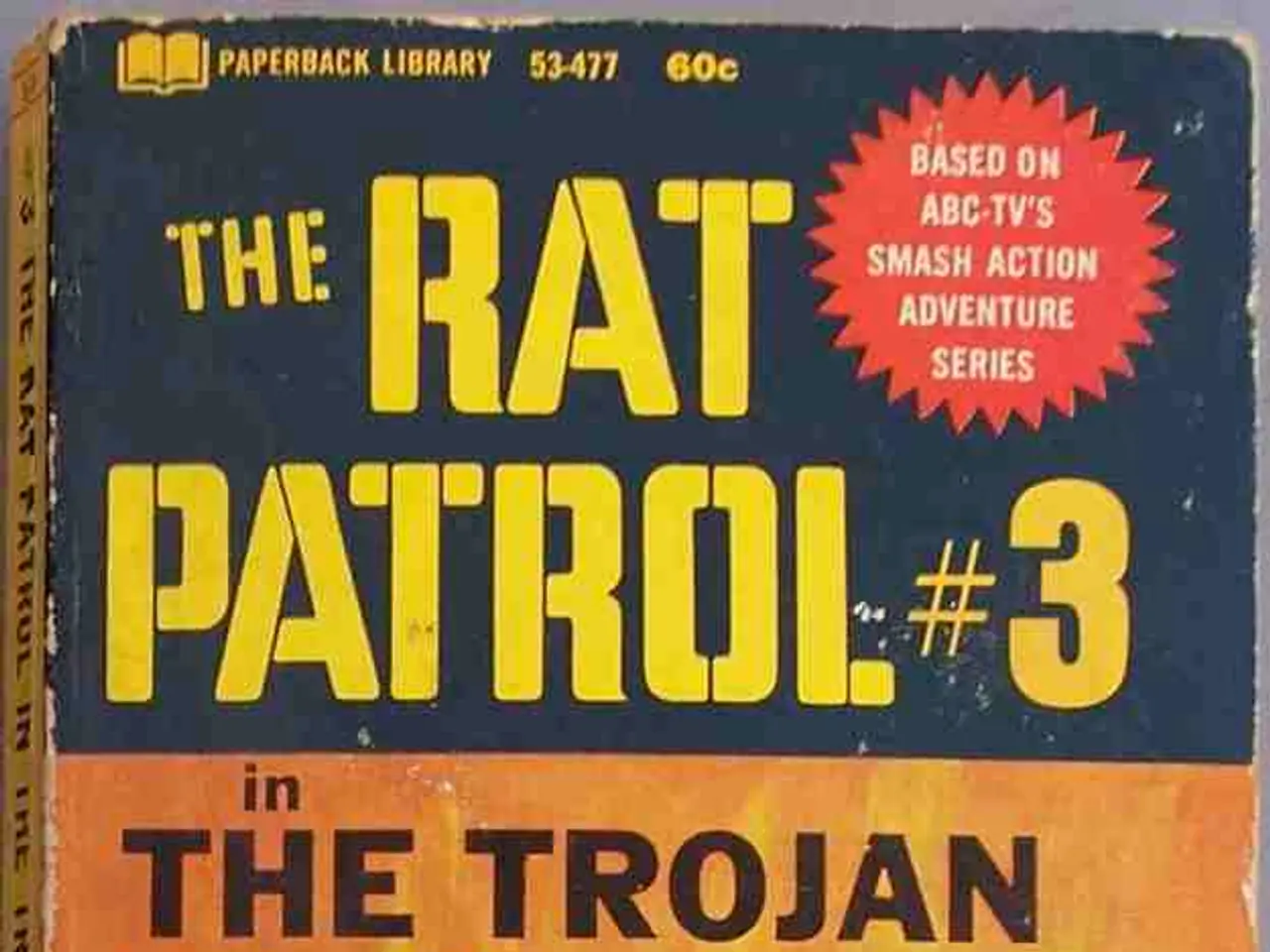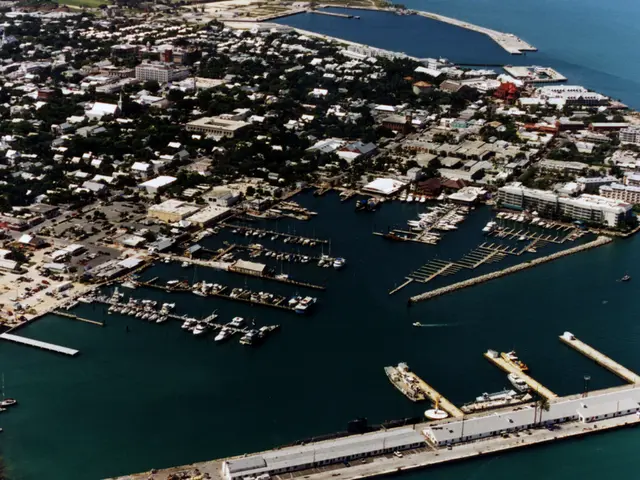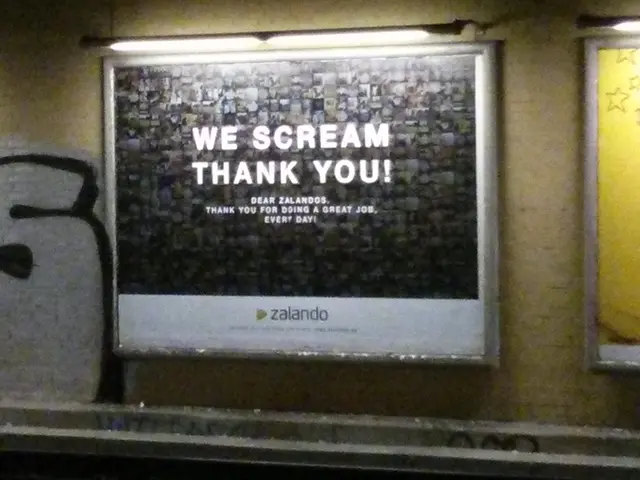Mexico firmly maintains its stance against permitting American military operations against cartels within its borders.
In a recent development, President Donald Trump's orders against drug trafficking have significantly heightened tensions between the United States and Mexico. The escalation, which occurred over the weekend, has been prompted by increased U.S. enforcement actions and military options targeting Mexican drug cartels.
The President has directed the Pentagon to prepare options for military force, including special operations and intelligence actions, to combat Latin American drug cartels. The focus is on dismantling criminal organizations that traffic fentanyl and other illicit substances into the U.S., marking the most aggressive U.S. stance yet. This move has raised concerns and rejection from Mexican authorities regarding any potential U.S. military presence in Mexico.
Simultaneously, Mexico has been cooperating with the U.S. by extraditing high-ranking cartel members, including leaders from major cartels like Jalisco New Generation (CJNG) and Sinaloa, to face charges in the U.S. This cooperation comes amid mounting U.S. pressure on Mexico to curb drug flow across the border.
The Trump administration has also designated multiple cartels as foreign terrorist organizations since early 2025. This move justifies heightened enforcement measures, including sanctions on cartel groups involved in drug trafficking, extortion, fuel theft, arms trafficking, and human smuggling. The U.S. Department of the Treasury recently sanctioned Carteles Unidos and individuals linked to organized crime under these policies, aiming to disrupt cartel finances and violent activities.
In addition to these measures, the Trump administration has implemented economic sanctions, such as imposing and escalating tariffs on Canada due to drug labs operating there and cross-border drug trafficking from Canada into the U.S. This approach reflects a broader regional drug enforcement strategy.
In summary, Trump's recent orders combine military readiness, criminal prosecutions, economic sanctions, and international cooperation—all aimed at drug cartels but generating diplomatic friction, especially regarding potential U.S. military operations within Mexican territory and the sovereignty concerns voiced by Mexican officials. The details of the order are not accessible to the general public.
This news was first reported by The New York Times. Access to this information is restricted to subscribers. The correspondent reporting this news is based in Mexico City.
- The President's decision to classify certain cartels as foreign terrorist organizations and the subsequent enforcement measures, including military options, have sparked a political debate about the role of art in the portrayal of war-and-conflicts and general news.
- As the U.S.-Mexico tension escalates due to the war-on-drugs, artists are grappling with the ethical implications of creating works that might inadvertently glorify or war-romanticize the violence, while reporters continue to cover this sensitive general news with caution and respect.








